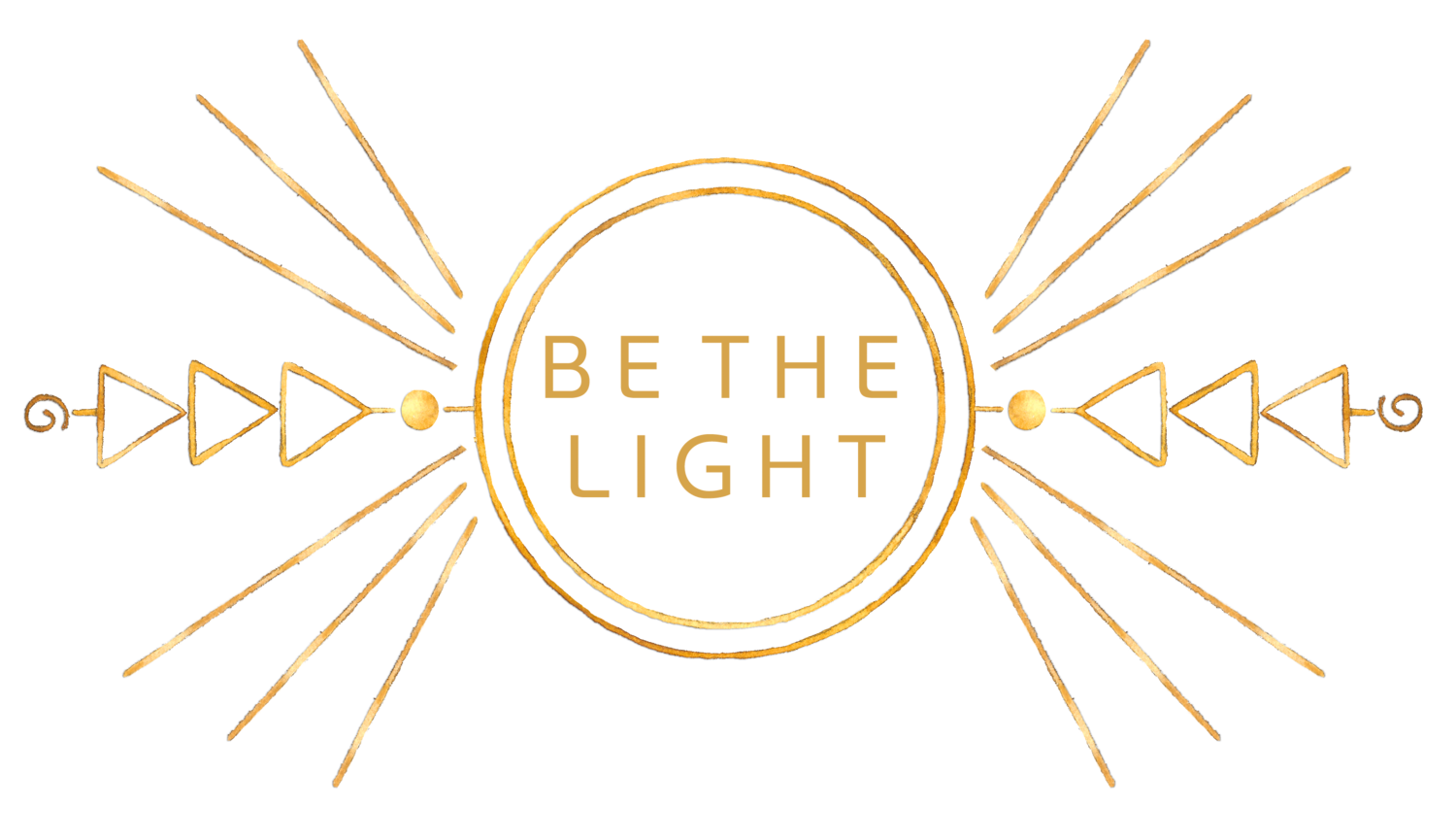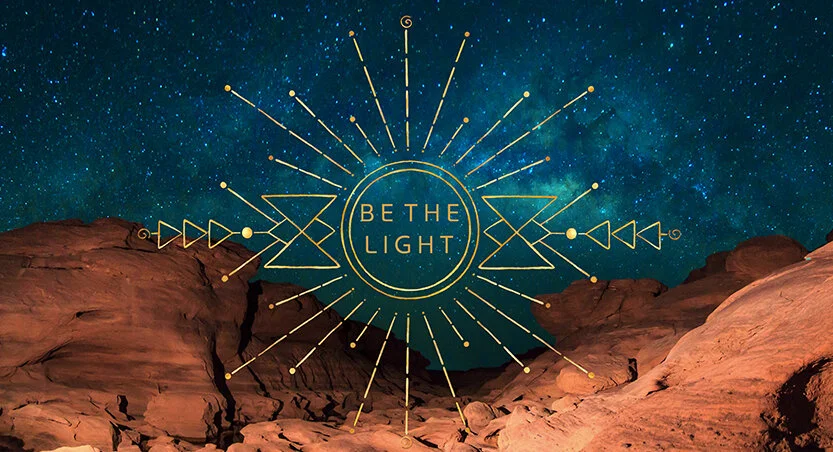I’ve been getting this question a lot lately, so I thought it’s time to speak to it again. While I am far from an expert on this topic, my intention is to simply give some ideas for those wanting to thoughtfully navigate these spaces.
Thinking about these things deeply helps us to shift from a consumeristic mindset to one of honor and respect for the cultures that we admire.
What I mean by “consumeristic mindset” in this context is that urge to procure what we want, when we want it, in a way that is convenient for us right now.
That way of being might work fine for many things in life, but when it comes to purchasing Indigenous or Indigenous inspired goods, services, education, or experiences, we need to start thinking much more intentionally. We need to be part of the solution by helping to support these communities in meaningful ways.
And there are beautiful lessons that we learn when we orient ourselves in this way. Teachings about reciprocity, taking only what we need, and aligning our dreams and actions with the wellbeing of future generations.
Indigenous cultures around the world often reference the significance of seven generations- both the seven generations before us, and the seven generations yet to be born.
It’s time that us modern Westerners adopt this way of thinking. It’s very likely that somewhere, seven generations back, your ancestors were thinking of you and your wellbeing in this way, too. It’s up to us to mend these broken links so that, seven generations down the line, our descendants will look back to us and say “Thank you for choosing a better way forward.”
OK.. So.. I actually was not planning to make a blog post anytime soon, so please excuse me if it feels like I’m bouncing around a bit here. Everything I’ve shared so far is really just to help you understand why I’m so passionate about this, and why I think you should be, too…
Sooo, let’s dive in- here are a few ways that we can mindfully access Indigenous art, crafts, teachings, wisdom, food, ceremonies, and groups in a way that actually supports, honors, and respects the folks and the cultures that we admire.
Purchasing Indigenous art, crafts, clothing, accessories, decor
Buy directly from someone that is part of that culture whenever possible. I’ve shared many ideas here and some more ideas here, and I’m always adding to these lists. (Yep, I know this website is a bit rabbit hole-y! Sooo many posts and links.. If you’re great at organizing information and websites, please reach out- I’m looking for help with this.)
Learn a bit about the creation story and the prophesy of the sacred wild rice of the Anishinaabe Ojibwe tribe of northern MN
Buying Native made may cost more than non-Native made products or mass producted products, but if you want to own that item, it’s probably because you appreciate the artistry, right? (I saw you nod).. That’s great! So pay the appropriate price for the time and energy that goes into this stuff by supporting these artists. If you can’t justify doing so, then consider putting that purchase on the back burner for now.
You can also buy Indigenous harvested food. Red Lake Nation Foods in Minnesota sells wild rice, maple syrup, jam, tea, coffee, as well as some jewelry and crafts. You’ll find more food vendors and a restaurant or two, again, on my Land Acknowledgement page.
I love the idea of purchasing Native harvested wild rice because it is a sacred food with a rich story for Native people, and when they harvest it, is with deep reverence for Mother Earth, Water and the rice itself. How wonderful that we can support that sort of food intentionality!
Pow Wows and indigenous Events
I’ve listed many Native hosted events and pow wows that take place in or around Madison, Wisconsin, again, on my Land Acknowledgment page here. Many of the events listed are annual events, so if a date has passed, just search for this year’s event.
Powwows.com lists pow wows around the country, and appears to promote Native owned shops. It is not a Native owned site, and honestly I haven’t looked at it much, but it looks good from what I’ve seen.
Accessing Pow Wows And Ceremonies Mindfully
If you plan to attend a pow wow or sacred ceremony, spend a bit of time understanding how to show up in a respectful way. There are many articles, for example, about pow wow etiquette. It’s always a good idea to support the vendors, artisans and food trucks at these events when you can, especially if the pow wow or event is free.
If you’ve been invited to attend a sacred ceremony, it’s good to do a little research and ask some questions before committing. Some ceremonies from shamanic or Indigenous cultures are not meant to be accessed by those outside that culture, and some are not meant to be facilitated by those outside that culture. I talk a bit about open and closed shamanic cultures in my video and post here, “How Can I Access Shamanic Practices & Healing Without Culturally Appropriating?”
A good example of a ceremony that I often see hosted by non-Native people are sweat lodges. To the best of my knowledge, this is a Native American ceremony that was generally not meant to be facilitated by non-Native people. But I have been known to be wrong a time or two, so maybe I’m wrong here :)
Even if I am indeed right about this, I’m not saying this should be a total, utter red flag if the sweat lodge is hosted by a non-Native- perhaps the host received the blessing from a Native American elder that they apprenticed with to host sweat lodges. I would simply recommend you do some research and ask some questions before attending.
Questions to Ask + Navigating Hard Conversations
Good questions to ask might be “How did you learn/receive this ceremony?” “Is the culture from which this ceremony comes an open or closed culture?” “What is your connection to this culture?” “How, if at all, did you receive the blessing to share this work?”
You may come across people that are sharing ceremonies and teachings from a closed culture that is not their own, and/or that haven’t learned the work fully or under the proper tutelage. They may not have received the blessing from an elder in that culture to share the work, and/or they may be sharing work that was not meant to be shared by them.
If you come across someone like this, consider giving them the benefit of the doubt by directly, yet kindly speaking your concerns while holding them accountable. Nine times out of ten, we get farther in these conversations this way.
I think most people misstepping in this way genuinely just want to do good and have been misled to believe that they don’t need formal training, teachers, or the proper blessings to share the work. Most people that get “called out” this way will take the steps necessary to legitimately and respectfully share the work. Of course if they keep doing their thing and don’t take the steps to go about their work in an integritous way, it might be a good time to do more, or consult with someone you trust on what the next best steps may be.
While I don’t like to go around prematurely stirring pots, these ceremonial and healing spaces are a little like the Wild West right now, and I think we should be holding each other accountable.
Plant Medicine & Psychoactive Medicine Ceremonies
These substances and ceremonies are sacred to cultures around the world. The book “The Encyclopedia of Psychoactive Plants: Ethnopharmacology and Its Applications” by Christian Ratsch may be worth purchasing or checking out from your local library if this topic interests you.
THAT SAID.. It’s a good idea to do some research before partaking in a medicine ceremony. Is the medicine you want to work with meant to be facilitated by shamans that were born into the lineage that the medicine comes from? Was the medicine meant to be served in its natural habitat?
There are so many questions you could explore to not only remain in integrity with the medicine and the culture from which it came, but to ensure the best, safest, purest experience for yourself, as well.
Lastly, Educate Yourself
Learn about the issues Indigenous people are facing today. Since I live in Wisconsin, something I’ve invested time learning about is the issues that the Bad River tribe of northern Wisconsin is currently facing. They recently released a fantastic documentary “Bad River”. This is a major issue, that, if left unaddressed, will impact everyone in the Great Lakes region. I’d highly recommend watching and sharing the documentary.
Thank you, Donelle S. for letting me know about the screening and panel discussion of Bad River on April 23, 2024 at UW Madison- see here.
Learn about what’s happened historically as cultures and lands were conquered and colonized. Check out the “Resources” section of this page for starters. Visit Native American run museums and events.
As you travel to beautiful, special, or sacred places both near and far, find out what tribes lived there before colonization, and what tribes currently live in the area. What issues are they facing today? How can you support the people, or the issues? It could be as simple as sharing what you’ve learned, purchasing their goods or services, taking tours with local Native guides, etc.
Consider what places, monuments, etc you’d like to support and visit, and which ones don’t operate in alignment with your values. Before writing off entrance fees or tours that feel too expensive, find out why the price is what it is- for example, I’ve heard people say the entrance fees and tours at Antelope Canyon and Havasupai are too high, but these are sacred Native American sites, and I believe 100% of the money goes to those tribes, so, it’s kind of the least we can do, right?
As always, I appreciate your suggestions too, so if you have some great additions for this post, share them, or send them my way!

